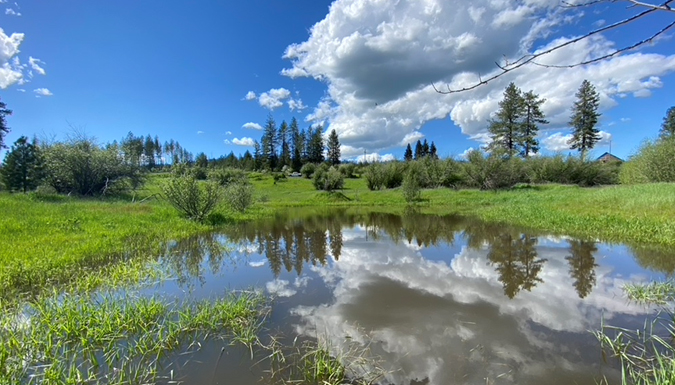Research Focus & Programming
We promote forward-looking conservation supported by interdisciplinary training and translational research; strategic partnerships with a diverse array of stakeholders; and broad-based expertise in ecological science that generates solutions to environmental challenges. We are committed to extension and education that broaden participation in and disseminate an understanding of key sustainability issues to diverse audiences at the local, state, national, and international levels.
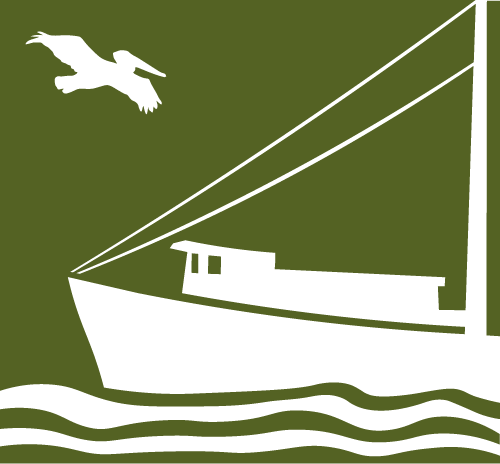
and their people.
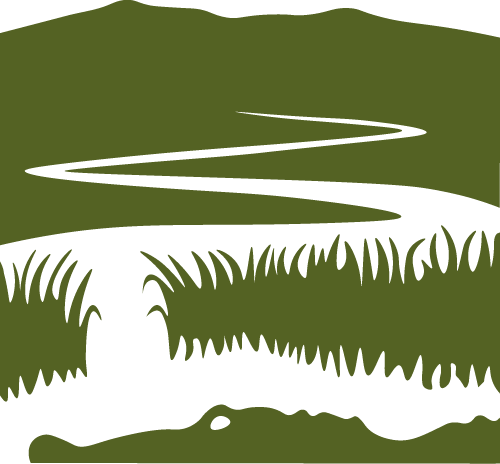

Research Spotlights
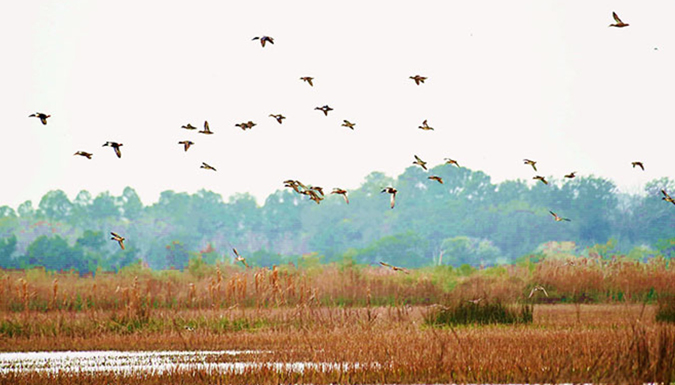
James C. Kennedy Waterfowl and Wetlands Conservation Center
James Anderson
The James C. Kennedy Waterfowl and Wetlands Conservation Center conducts original research on waterfowl, wetlands, and other wetland-dependent wildlife across the southeastern United States. Our studies aim to provide solutions to the many complex issues managers face on public and private lands. The Kennedy Center’s mission is to: “Lead in science and education to sustain waterfowl and wetlands of South Atlantic Coastal Ecosystems (and other wetland ecosystems) and train future waterfowl and wetland ecologists and managers.”
Kennedy Center's WebsiteBuilding Ecosystem Resiliency Through Innovative Silvopasture Systems on South Carolina Farms
Lydia O’Halloran
This project seeks to implement innovative silvopasture strategies that combine native warm season forages, pollinator alleys and established pine stands to help South Carolina farmers interested in climate-smart agriculture. This will help producers enhance crop and livestock productivity, increase the resiliency of their land, and diversify their profits in the face of global climate change.
DR. O’HALLORAN'S BIO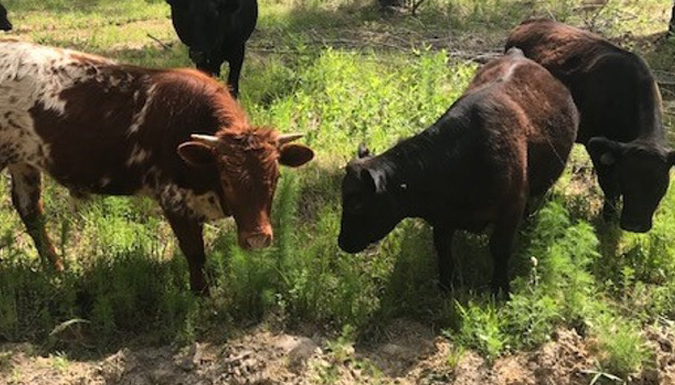
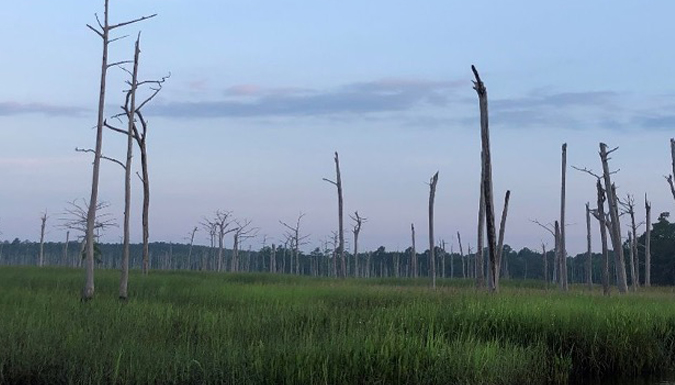
Natural and Anthropogenic Influences on Tidally Influenced Forested Wetlands of the Southeastern US
Jamie Duberstein
This study examines the form and function of coastal areas impacted by sea level rise, including soil elevation change (sedimentation), aboveground biomass of standing biomass and tree growth rates, biochemical processes, and habitat types changes from river to coast. This will be used to inform land management agencies (e.g., US Fish and Wildlife) of the processes and transformations occurring on their lands.
DR. DUBERSTEIN'S BIOGRAPHYWetlands to Combat Drought: Strengthening Drought Preparedness on the Coeur d’Alene Reservation through Wetland Restoration and Monitoring
Mažeika Sullivan
The Schitsu’umsh of the Coeur d’Alene Tribe have depended on wetland plants and animals for thousands of years. However, since the 1800’s, 65% of the wetlands once found within the Coeur d’Alene Indian Reservation boundaries have been lost. At the same time, the Reservation is currently under exceptional drought conditions, with extreme heat waves and drought conditions expected to become more frequent as climate change progresses. Thus, there is an urgent need to build Tribal drought resilience that protects Tribal water resources in a proactive and culturally appropriate manner. Through this project, we are implementing a suite of constructed and restored wetlands along Reservation streams to build Tribal capacity around drought resilience.
STRIVE Lab website